
Fruit of the Spirit: Summary
The fruit of the Spirit are not “feel-good vibes” or moral must-haves. They result from a seismic worldview. They grow from faith taking root in our souls.

The fruit of the Spirit are not “feel-good vibes” or moral must-haves. They result from a seismic worldview. They grow from faith taking root in our souls.
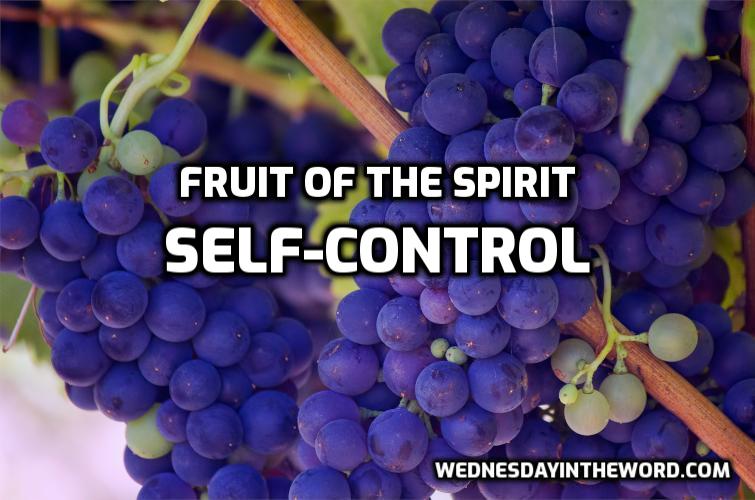
While self-control might sound like a call to perfection, at its core self-control values the gospel more than our desires of the moment.

Gentleness as a fruit of the Spirit is not about being soft or timid. It involves humbly accepting what God gives without self-promotion or ambition.

Faith as a fruit of the Spirit is not a feeling or belief, but a transformative worldview based on four core convictions.

Goodness as a fruit of the Spirit isn’t doing random acts of kindness. Goodness is an active pursuit of what is right and holy in both speech and action.
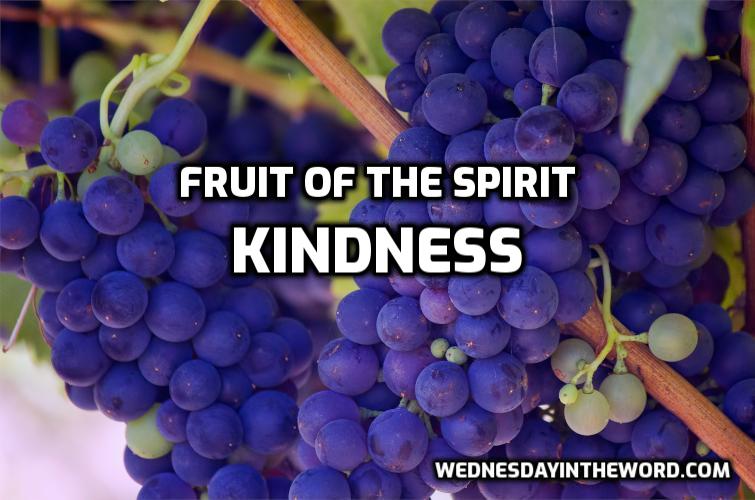
Kindness as a fruit of the Spirit is not good deeds. Rooted in understanding God’s kindness, it’s intentionally acting to benefit others.
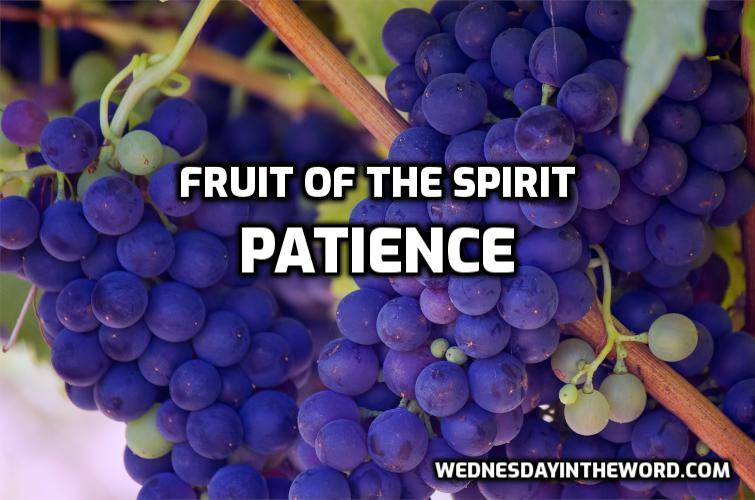
Patience as a fruit of the Spirit results from belief. We are longsuffering because we fix our hope on the promises of the gospel.

We typically think of peace as fruit of the Spirit as “peace of mind.” But most often Scripture speaks of peace as unity among believers.

Scripture teaches believers have joy as a fruit of the Spirit in the middle of struggles. Joy is confidence based on hope.
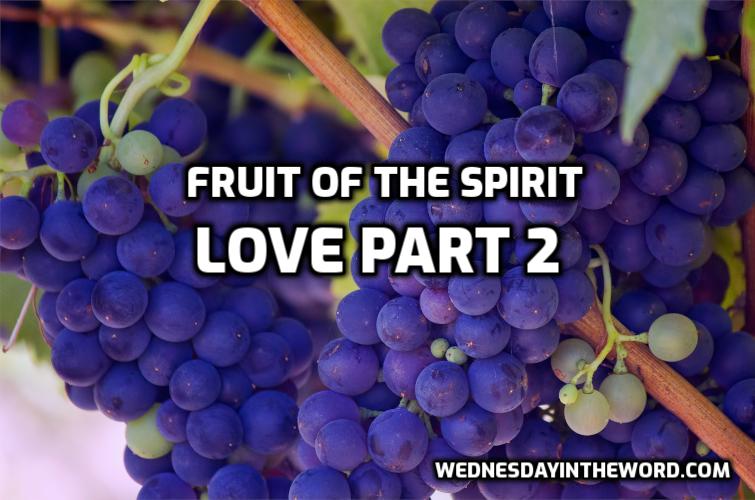
Scripture teaches a second aspect to love as a fruit of the Spirit which concerns how believers relate to each other as a church and community.
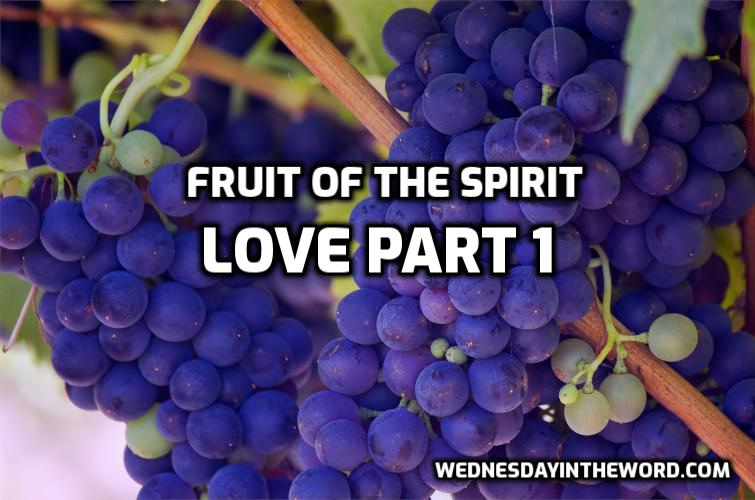
A deep dive into Scripture to understand what love is as a fruit of the Spirit. Spoiler: It is not a feeling.

Ever wonder what Paul meant by love, joy, peace and the rest of the fruit of the Spirit? In this series, we explore the Bible to learn what Scripture teaches about these concepts and why Paul put them on the list. This series isn’t about definitions. It’s about discovering life-changing truths behind each fruit.